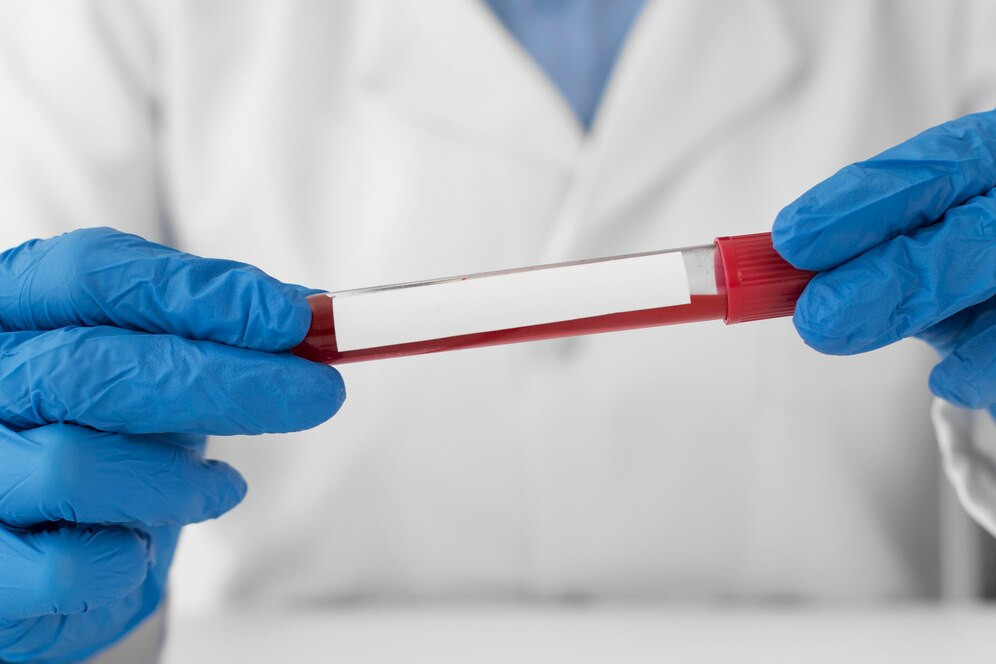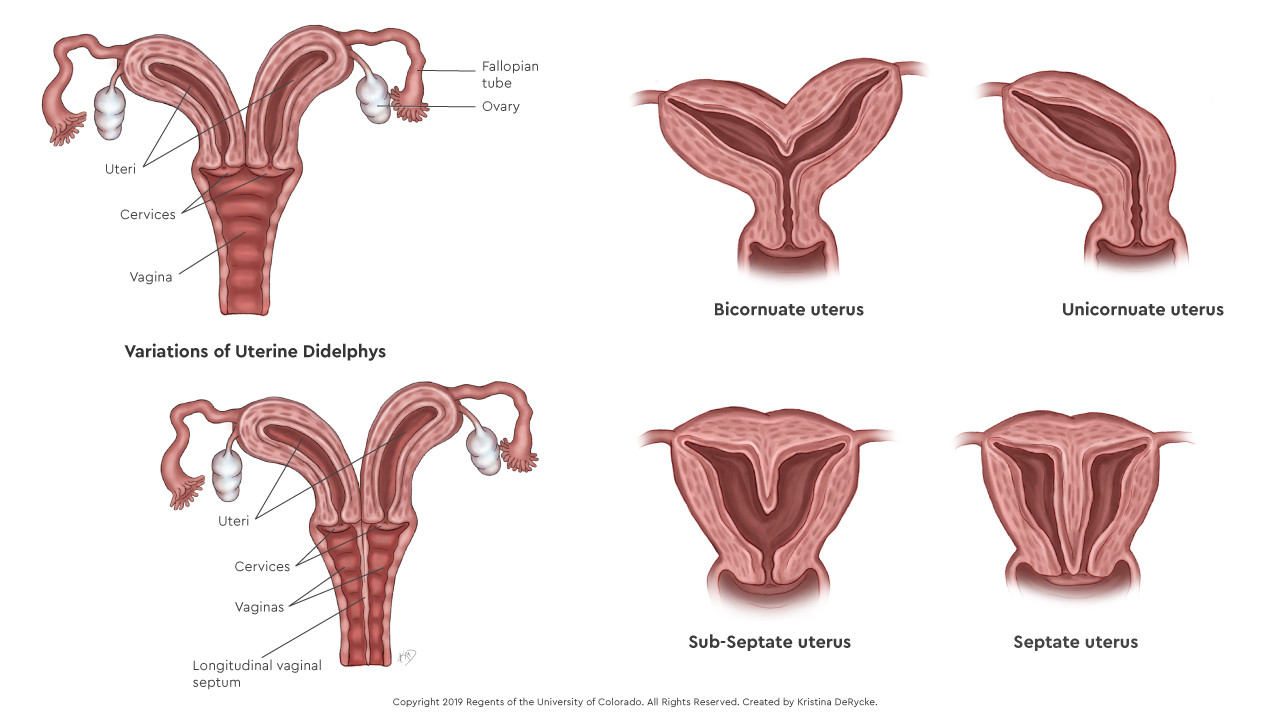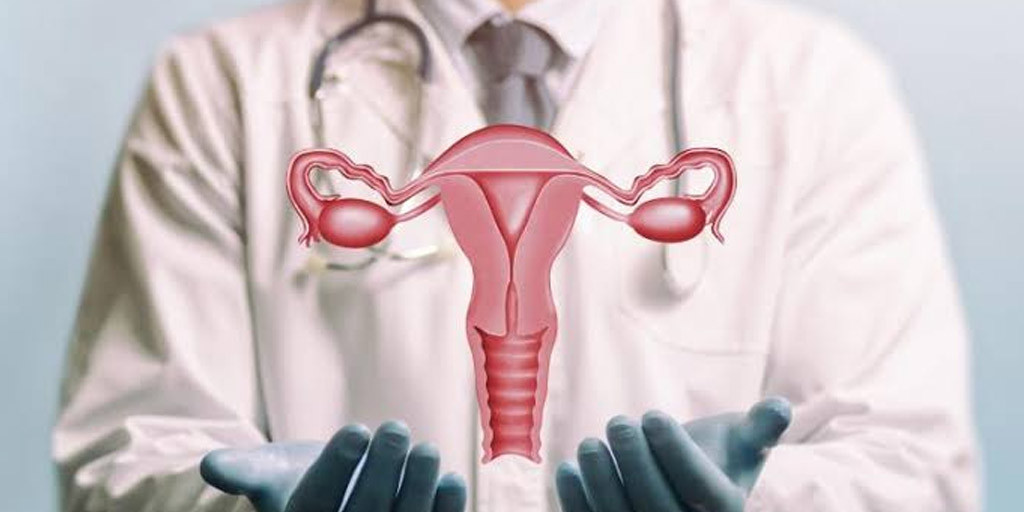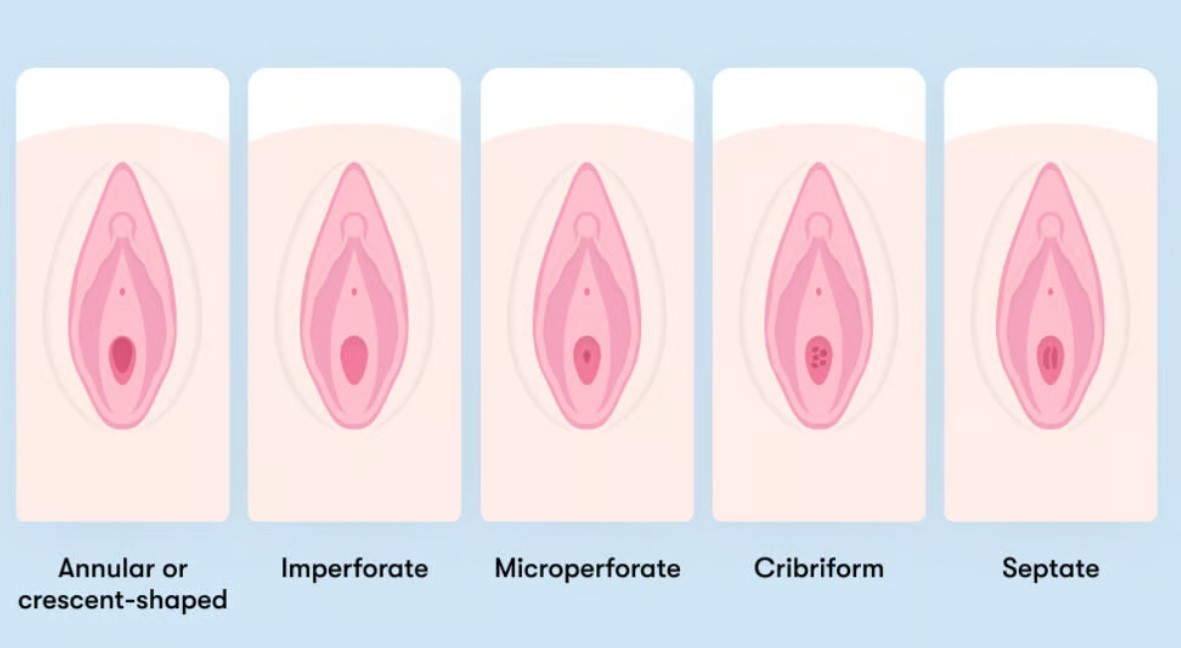Definisi
Pemeriksaan FSH (Follicle Stimulating Hormone) adalah pemeriksaan untuk mengukur kadar hormon FSH di dalam darah. FSH dihasilkan oleh kelenjar hipofisis, kelenjar kecil yang terletak dibagian bawah otak dan berfungsi memproduksi berbagai hormon penting di tubuh.
FSH memiliki peran penting dalam sistem reproduksi. Hormon ini berfungsi untuk memproduksi sel telur dan mengontrol siklus menstruasi pada wanita. Sedangkan pada pria, hormon ini berfungsi untuk mengontrol produksi sperma dan perkembangan organ kelamin.
Pada anak-anak, kadar FSH biasanya rendah hingga mencapai masa pubertas. Pada masa pubertas, FSH akan mulai meningkat, dimana akan membantu memberikan sinyal pada rahim untuk membentuk hormon esterogen pada remaja perempuan dan membantu memberikan sinyal pada testis untuk membentuk hormon testosteron pada remaja laki-laki.
Pemeriksaan FSH biasanya dilakukan bersamaan dengan pemeriksaan hormon lain, seperti Luteinizing Hormone (LH). LH juga memiliki peran dalam mengontrol fungsi seksual baik pada wanita maupun pria. Selain itu, pemeriksaan hormon esterogen dan testosteron juga dapat disarankan dokter untuk diperiksa secara bersamaan.
Indikasi
Pada perempuan, pemeriksaan ini dilakukan untuk:
- Mencari penyebab ketidaksuburan atau kemandulan
- Mengidentifikasi masalah pada ovarium
- Mencari penyebab siklus menstruasi yang tidak teratur atau tidak menstruasi
- Mengonfirmasi kondisi menopause
Pada laki - laki, pemeriksaan ini dilakukan untuk:
- Mencari penyebab ketidaksuburan atau kemandulan
- Mencari penyebab rendahnya jumlah sperma
- Mengidentifikasi masalah pada testis
Pada anak-anak, pemeriksaan FSH dilakukan untuk menentukan adanya pubertas yang terlalu dini atau tertunda. Pubertas dianggap terlalu dini jika masa pubertas dimulai sebelum usia 9 tahun pada perempuan dan sebelum usia 10 tahun pada laki-laki. Pubertas dianggap tertunda jika masa pubertas belum mulai diusia 13 tahun pada perempuan dan diusia 14 tahun pada laki-laki.
Kontraindikasi
Tidak ada kontraindikasi atau kondisi khusus yang membuat seseorang tidak bisa melakukan pemeriksaan ini.
Persiapan Sebelum Pemeriksaan
Tidak ada persiapan khusus sebelum melakukan pemeriksaan FSH. Pemeriksaan ini bisa dilakukan dalam keadaan tidak berpuasa. Meskipun demikian, Anda disarankan untuk melakukan konsultasi medis terlebih dahulu kepada dokter sebelum melakukan pemeriksaan FSH sebab ada beberapa obat dan kondisi medis tertentu yang dapat memengaruhi hasil sehingga tidak menggambarkan kondisi Anda yang sesungguhnya.
Prosedur Pemeriksaan
Pemeriksaan FSH umumnya menggunakan sampel serum darah sebanyak 0,25 - 0,5 ml. Sampel serum darah ini diambil dari pembuluh darah vena dan akan dikumpulkan ke dalam tabung khusus. Petugas laboratorium akan memakai sarung tangan khusus dan APD (Alat Pelindung Diri) saat mengambil sampel pemeriksaan.
Sebelum mengambil darah, petugas akan memasang pita elastis dan membersihkan area penusukan jarum dengan kasa antiseptik. Biasanya petugas mengambil darah di area lipatan siku. Setelah darah diambil dan dimasukkan ke dalam tabung khusus, petugas akan melepas pita elastis yang terpasang, menekan dan membersihkan area penusukan dengan kasa antiseptik.
Prosedur pemeriksaan ini hanya berlangsung selama beberapa menit saja. Sampel darah yang telah didapatkan akan diperiksa menggunakan mesin khusus di laboratorium. Hasil pemeriksaan bisa diketahui dalam kurun waktu beberapa jam.
Nilai Normal dan Abnormal
Rentang nilai normal FSH dibedakan berdasarkan usia dan jenis kelamin. Berikut ini merupakan rentang nilai normal dari hasil pemeriksaan FSH.
Laki-laki
|
Usia |
Nilai normal FSH (mUI/mL) |
|
Sebelum Pubertas |
0 - 5,0 |
|
Selama Pubertas |
0,3 - 10,0 |
|
Dewasa |
1,5 - 12,4 |
Perempuan
|
Usia |
Nilai normal FSH (mUI/mL) |
|
Sebelum Pubertas |
0 - 4,0 |
|
Selama Pubertas |
0,3 - 10,0 |
|
Periode Menstruasi |
4,7 - 21,5 |
|
Setelah Menopause |
25,8 - 134,8 |
Berdasarkan tabel di atas dapat diketahui bahwa kadar FSH dalam darah memiliki nilai rentang normal dengan batas atas dan bawah yang bervariasi sesuai dengan usia dan jenis kelamin. Kadar FSH darah dianggap tidak normal bila hasilnya lebih rendah atau lebih tinggi dari rentang nilai normal yang tercantum pada tabel.
Meskipun demikian, setiap laboratorium memiliki rentang nilai yang sedikit berbeda antara satu laboratorium dengan laboratorium lainnya. Hal ini terjadi karena perbedaan alat atau mesin yang digunakan.
Baca Juga: Pemeriksaan Progesteron - Indikasi, Prosedur, dan Hasil Pemeriksaan | AI Care (ai-care.id)
Hasil dan Saran (Pemeriksaan Lanjutan)
Rendah
Jika hasil pemeriksaan FSH Anda menunjukkan nilai rendah, sebaiknya Anda berkonsultasi dengan dokter. Kadar FSH yang rendah pada perempuan, menandakan:
- Ovarium tidak menghasilkan sel telur
- Adanya gangguan pada kelenjar hipofisis
- Adanya gangguan pada hipotalamus, bagian dari otak yang berfungsi mengontrol kinerja kelenjar hipofisis dan fungsi tubuh penting lainnya
- Kekurangan berat badan atau mengalami penurunan berat badan yang drastis
Sedangkan pada pria, kadar FSH yang rendah menandakan:
- Testis tidak memproduksi sperma
- Adanya kelainan pada kelenjar hipofisis atau hipotalamus
Normal
Jika hasil pemeriksaan FSH menunjukkan nilai normal, kemungkinan Anda telah menjalankan pola hidup sehat dengan baik dan tidak ada kelainan yang berhubungan dengan gangguan pada ovarium atau kelenjar hipofisis apabila tidak ada gejala dan tanda klinis tertentu.
Anda disarankan untuk tetap mempertahankan pola hidup sehat Anda saat ini sehingga dapat mencegah beberapa kondisi seperti ketidaksuburan dan tumor yang ditandai oleh kadar FSH yang terlalu rendah atau tinggi.
Tinggi
Jika hasil pemeriksaan FSH menunjukkan nilai tinggi dan Anda seorang perempuan, kemungkinan Anda mengalami kondisi berikut:
- Insufisiensi ovarium primer, adalah kondisi ketika ovarium tiba-tiba berhenti berfungsi sebelum usia 40 tahun
- Sindrom ovarium polikistik (PCOS)
- Memasuki masa menopause atau perimenopause
- Tumor ovarium
- Sindrom Turner
Sedangkan pada pria, jika hasil pemeriksaan FSH menunjukkan nilai tinggi, maka kemungkinan Anda mengalami kondisi berikut:
- Adanya gangguan pada testis, misalnya akibat kemoterapi, terapi radiasi, infeksi, atau penyalahgunaan alkohol
- Menderita sindrom Klinefelter
Konsultasikan ke Dokter yang Tepat
Hasil pemeriksaan FSH pada orang dewasa dapat dikonsultasikan dengan dokter umum, untuk selanjutnya dilakukan pemeriksaan lanjutan ataupun memulai terapi untuk diagnosis yang sesuai. Anda juga dapat berkonsultasi dengan dokter spesialis kandungan atau andrologi untuk berdiskusi mengenai masalah FSH Anda lebih jauh. Pada pasien anak, hasil pemeriksaan selain normal harus dikonsultasikan dengan dokter spesialis anak.
Mau tahu informasi seputar hasil pemeriksaan laboratorium, radiologi, dan lainnya? Cek di sini, ya!
- dr Nadia Opmalina
Follicle - Stimulating Hormone (FSH) Levels Test. (2020). Retrieved 28 November 2022, from https://medlineplus.gov/lab-tests/follicle-stimulating-hormone-fsh-levels-test/
Follicle Stimulating Hormone (FSH) Blood Test. (2022). Retrieved 28 November 2022, from https://www.mountsinai.org/health-library/tests/follicle-stimulating-hormone-fsh-blood-test
What Is a FSH Test?. (2021). Retrieved 28 November 2022, from https://www.webmd.com/women/fsh-test
What Is A Follicle - Stimulationg Hormon Level Test?. (2018). Retrieved 28 November 2022, from https://www.healthline.com/health/fsh
Follicle Stimulating Hormone (FSH Blood Test). (2021). Retrieved 28 November 2022, from https://www.testing.com/tests/follicle-stimulating-hormone-fsh/
What are Normal Ranges of FSH Levels, and What to do if They are High or Low. (2022). Retrieved 28 November 2022, from https://www.medicalnewstoday.com/articles/317746
Follicle-Stimulating Hormone. (2022). Retrieved 28 November 2022, from https://www.urmc.rochester.edu/encyclopedia/content.aspx?contenttypeid=167&contentid=follicle_stimulating_hormone












